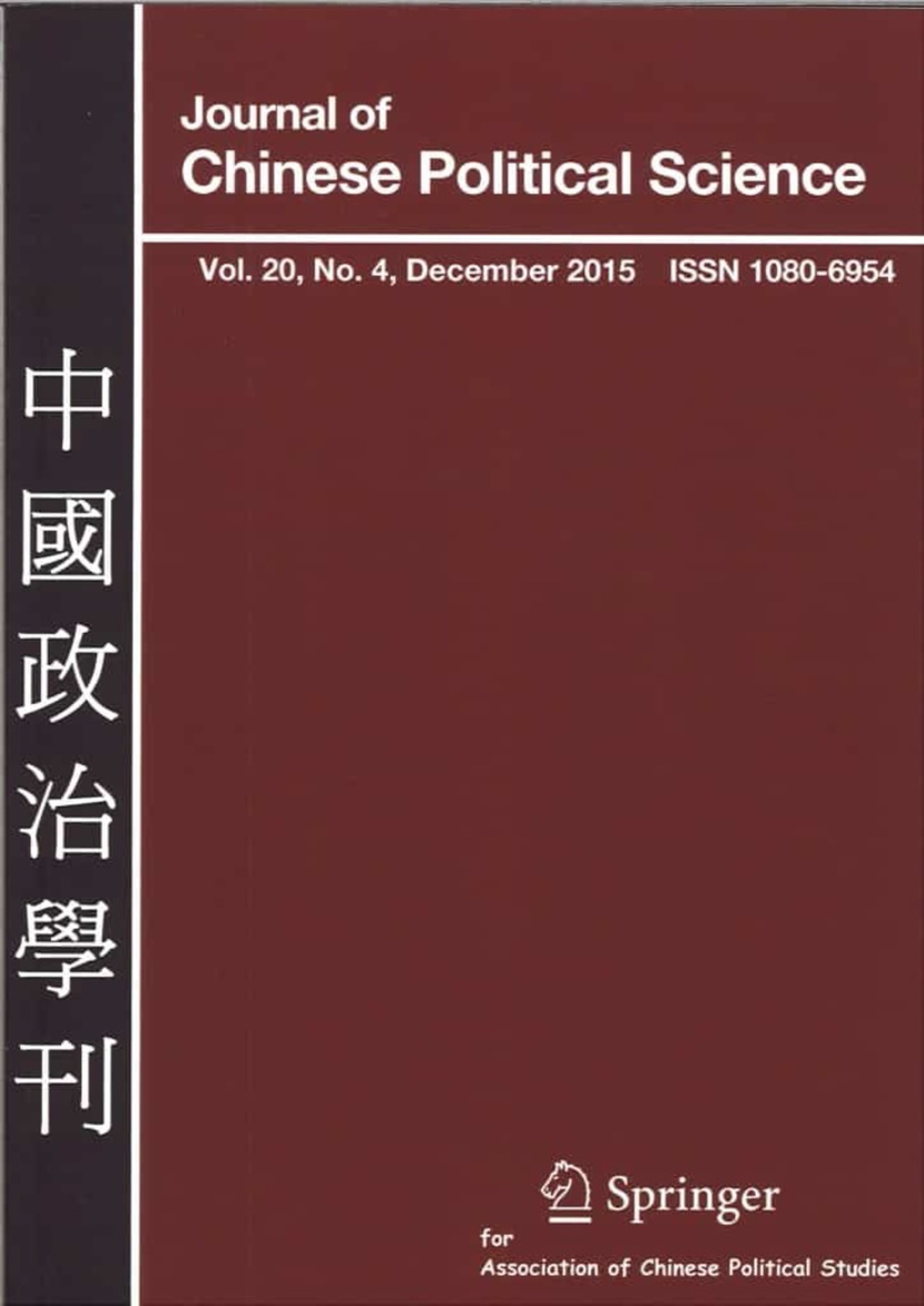In their scholarly article “A Relational Reflection on Pandemic Nationalism,” Pichamon Yeophantong and Chih-yu Shih analyze the dynamics of Chinese nationalism amid the COVID-19 crisis. They conceptualize nationalism as a complex interplay of civic, ethnic-cultural, and moral allegiances, challenging dominant accounts that reduce Chinese nationalism to the Chinese Communist Party’s manipulation. Instead, Yeophantong and Shih argue that nationalism during the pandemic arises from entrenched binary thinking, amplified by rising anti-Chinese sentiment globally. This xenophobia catalyzed a resilient nationalism rooted in public sentiment and national pride, shaping narratives of a unified China in opposition to the West. The pandemic’s storytelling in Wuhan illustrates this collective spirit: residents’ acts of solidarity—shouting morale-boosting slogans, symbolically transforming noodles into resilience, and celebrating China’s achievements on social media—became performative markers of national unity.
However, Yeophantong and Shih caution that such solidarity can devolve into political schadenfreude, where praise for China implicitly denigrates the “unenlightened West” (558). They contend that nationalism itself is not a remedy but a symptom of binary frameworks—China versus the West, or humanity versus the virus—that fracture genuine solidarity. This relational and biological bifurcation undermines effective collective responses to the pandemic. Their study thus reframes COVID-19 storytelling, showing how pandemic nationalism reflects broader sociopolitical fractures and emphasizing that authentic unity requires moving beyond reductive binaries.

Image Captions:
Cover of the Journal of Chinese Political Science.Citation: Yeophantong, Pichamon, and Chih-yu Shih. “A Relational Reflection on Pandemic Nationalism.” Journal of Chinese Political Science, vol. 26, no. 3, 1 June 2021, pp. 549–572, doi.org/10.1007/s11366-021-09736-5. NON-FICTION, SCHOLARLY | AUSTRALIA, TAIWAN. sm/jb/ig
Source Type: Scholarship on Pandemic Studies
Country: Australia and Taiwan
Date: 01-Jun-2021
Keywords: Binary Thinking, Chinese Nationalism During COVID-19, Positive Solidarity, Xenophobia, and Political Schadenfreude